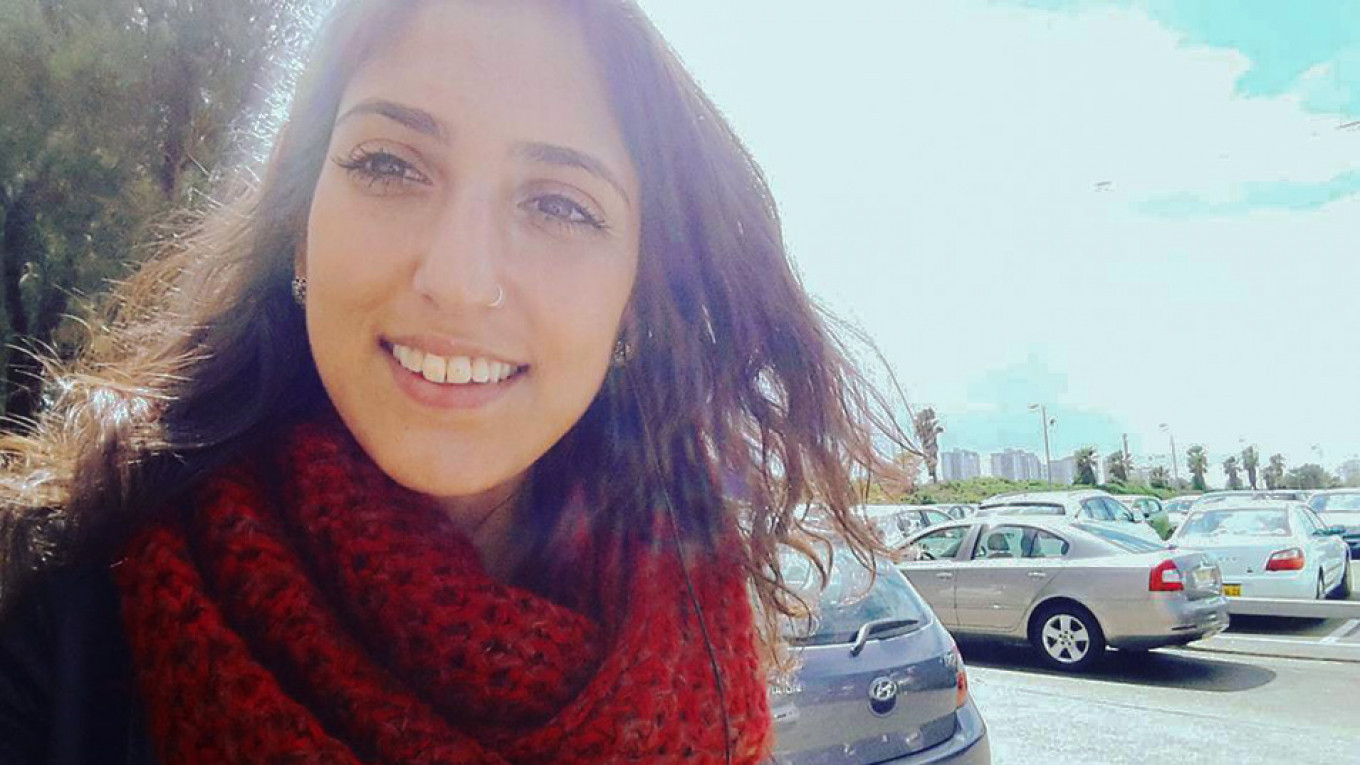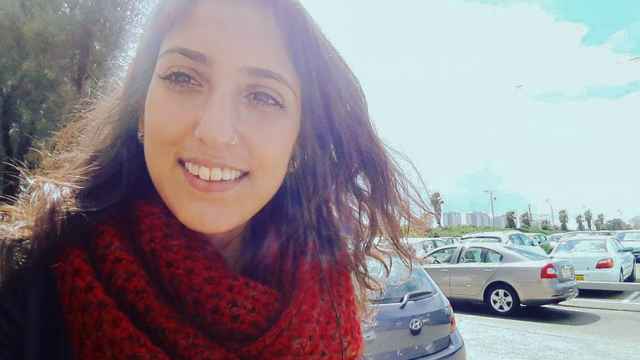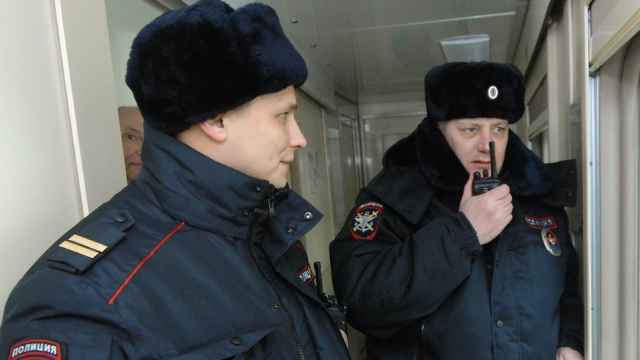Israel asked Russian President Vladimir Putin on Sunday to pardon a U.S.-Israeli woman given a 7.5-year jail sentence for drugs found in her luggage as she transited through a Moscow airport.
Naama Issachar's case has opened up an unusually public rift between Israel and Russia. Her family says she is being punished disproportionately to pressure Israel into freeing a Russian held in Israel on a U.S. extradition request.
Issachar was arrested in April during a layover in flights from India to Israel. Russian police found 9 grams of cannabis in her luggage, her family says. On Friday, a Russian court sentenced her to 7.5 years in jail for drug smuggling.
In a letter to Putin, Israeli President Reuven Rivlin said Issachar, 25, had "made a grave mistake and has admitted her crime", and asked the Russian leader for his "personal intervention to grant her an extraordinary pardon".
The letter, published on Rivlin's Twitter account, noted recent Russian help in locating the remains of an Israeli soldier killed by Syrian forces in a 1982 battle.
"The Jewish People and State of Israel are grateful for your sensitivity to human life," Rivlin wrote to Putin.
Russian officials have not commented on the case. The Kremlin did not immediately respond to a request for comment on Sunday.
Issachar's family accuses Russia of punishing her after failing to swap her for Alexei Burkov, a Russian national detained by Israel during a 2015 visit. Israel says he is wanted by the United States for suspected cyber offenses.
Israeli Prime Minister Benjamin Netanyahu has appeared to rule out any such exchange, noting that Israel's Supreme Court approved Burkov's extradition to the United States.
The U.S. Embassy in Israel has not commented on either case.
To be implemented, Burkov's extradition must be formally approved by Israel's justice minister, Amir Ohana, who on Saturday said he would decide whether to do so within days and hinted that he might weigh a rival Russian extradition request.
Such a request had been filed by Russia, Ohana told Israel's Channel 13 TV, but it was "rather thin in terms of material".
"In order to decide that he is extraditable to Russia, a court needs to rule that he is extraditable. That has not yet happened," Ohana said.
A Message from The Moscow Times:
Dear readers,
We are facing unprecedented challenges. Russia's Prosecutor General's Office has designated The Moscow Times as an "undesirable" organization, criminalizing our work and putting our staff at risk of prosecution. This follows our earlier unjust labeling as a "foreign agent."
These actions are direct attempts to silence independent journalism in Russia. The authorities claim our work "discredits the decisions of the Russian leadership." We see things differently: we strive to provide accurate, unbiased reporting on Russia.
We, the journalists of The Moscow Times, refuse to be silenced. But to continue our work, we need your help.
Your support, no matter how small, makes a world of difference. If you can, please support us monthly starting from just $2. It's quick to set up, and every contribution makes a significant impact.
By supporting The Moscow Times, you're defending open, independent journalism in the face of repression. Thank you for standing with us.
Remind me later.






